3 years on Nirbhaya Rape case: Women are still not safe in Capital
Wed 16 Dec 2015, 13:11:55
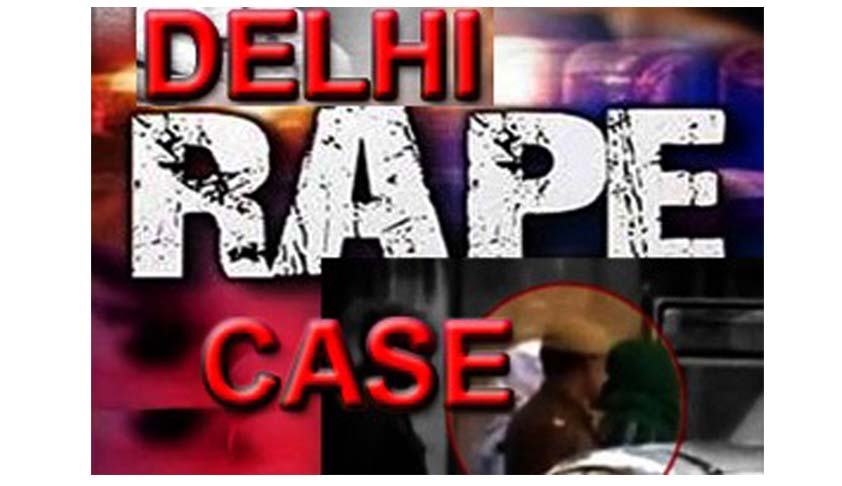
It was 16 December 2012 when Nirbhaya rape case happened, within three years Delhi is still not safe, Thursday morning one more case has been registered, A 14-year-old girl was pulled into a vehicle a few metres from her house while she was on her way to school and allegedly raped by six men in Dichaon village area of southwest Delhi.
In an apartment provided by the government, the young woman's mother, Asha Devi, said her daughter had dreams of providing free medical care to those who could not afford it. She also said her daughter was a "pillar of strength to the family," which includes two brothers.
Nirbhaya's father, Badrinath Singh, a baggage handler at the Delhi airport, earned barely enough to make ends meet. He also shared his daughter's dream.
"We did everything we could for her education," he told us. "I worked double shifts, sold our only piece of land in the village and went beyond my capacity so that she could study. Doing a 16-hour shift at my age is very difficult, but I still did it."
Last December, Nirbhaya was scheduled to start an internship. Her parents wanted her to have some fun. She thought of going to a movie. Her mother agreed -- otherwise, she would not have had a chance to relax for another few months.
So Nirbhaya and a male friend set out to an upscale Delhi mall to watch Ang Lee's "Life of Pi."
That night was December 16, 2012. The next time Singh and Devi would see their daughter, she'd be fighting for her life.
Unfortunately, what happened to Nirbhaya is not uncommon in India. The country, with a combination of conservative, male-dominated thinking and weak law enforcement, has recently been in the spotlight for widespread violence against women. But it is not a new problem.
New Delhi rape exposes perils of being a woman in India
In 2012, there were 706 reported rapes in Delhi alone. Nationwide, a woman is raped every 20 minutes. But those numbers don't tell the whole story. Most rapes are never reported -- and never prosecuted -- mainly to avoid the stigma of damaged honor in a country where victims of sexual assault are often viewed with suspicion.
Meanwhile, lead police investigator Chhaya Sharma and her team worked
tirelessly to find the rapists. In the hospital, Sharma said, Nirbhaya was crucial in providing clues to the police.
tirelessly to find the rapists. In the hospital, Sharma said, Nirbhaya was crucial in providing clues to the police.
She and the male friend helped lead investigators to the white bus, and to its driver -- Ram Singh -- who had driven the bus around as the gang rape took place. He eventually led them to the other five men who had been on board that night. By December 22, according to Sharma, all six suspects had been arrested.
But back in the hospital, Nirbhaya was slowly losing her fight. The vicious attack had damaged her intestines, which had to be removed. The decision was made to transfer her to a hospital in Singapore. But she developed an infection, and later died there on December 29, 2012.
"Her brothers, father and I had gone with her to Singapore," said Nirbhaya's mother. "All four of us were standing right next to her when she took her last breath. What could we do? We quietly kept on gazing at her from one corner, crying. Being in a foreign land we didn't know anybody, we couldn't even understand their language so we had no idea what the doctors were saying among themselves."
That fight for justice would be a long and complicated road. The charges against the accused were rape, kidnapping and murder. With the public in the streets once again, the prosecution decided it would fast-track the trial.
In the courtroom, Nirbhaya's parents came face-to-face with her alleged attackers. They were forced to hear accounts of the unspeakable violence against their daughter, time and time again.
"The convicts showed no remorse," said Nirbhaya's mother. "They were not even ashamed of what they had done. They were very casual, sometimes even cracking jokes during the trial."
The girl who did not allow anyone who came in contact with her to feel sorry for her situation. The girl who reassured her parents she would be OK. The girl who helped police track down her attackers. The girl who lived for nearly two weeks, when no one gave her a chance to make it through the first night. The girl they call Nirbhaya, "the fearless one."
"My daughter put up a tough fight against her attackers and didn't give in until her last breath," said Nirbhaya's mother. "I want her to be remembered as a brave heart."
No Comments For This Post, Be first to write a Comment.
Most viewed from Specials
Most viewed from World
AIMIM News
Latest Urdu News
Most Viewed
May 26, 2020
Can Lionel Messi's visit boost Indian football?
Latest Videos View All
Like Us
Home
About Us
Advertise With Us
All Polls
Epaper Archives
Privacy Policy
Contact Us
Download Etemaad App
© 2026 Etemaad Daily News, All Rights Reserved.


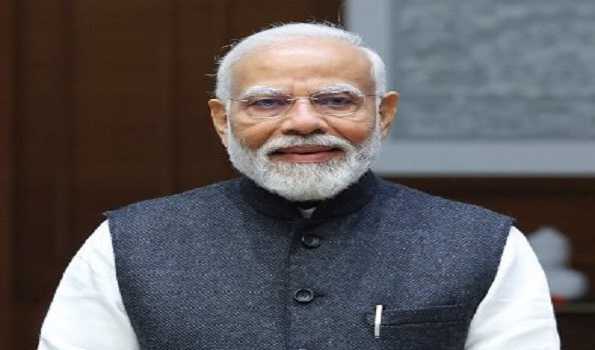
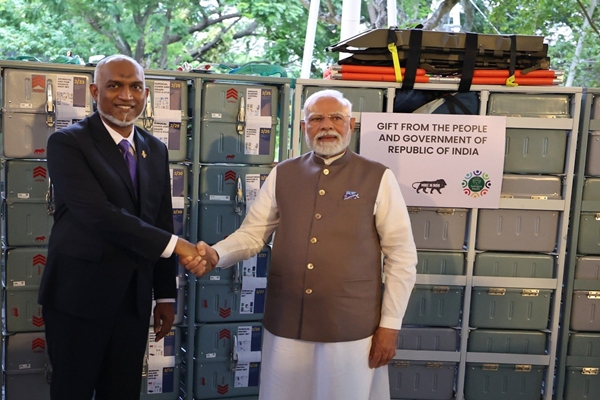
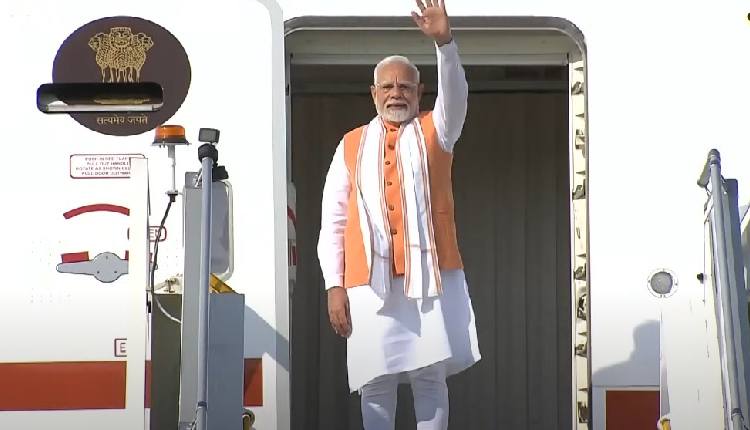
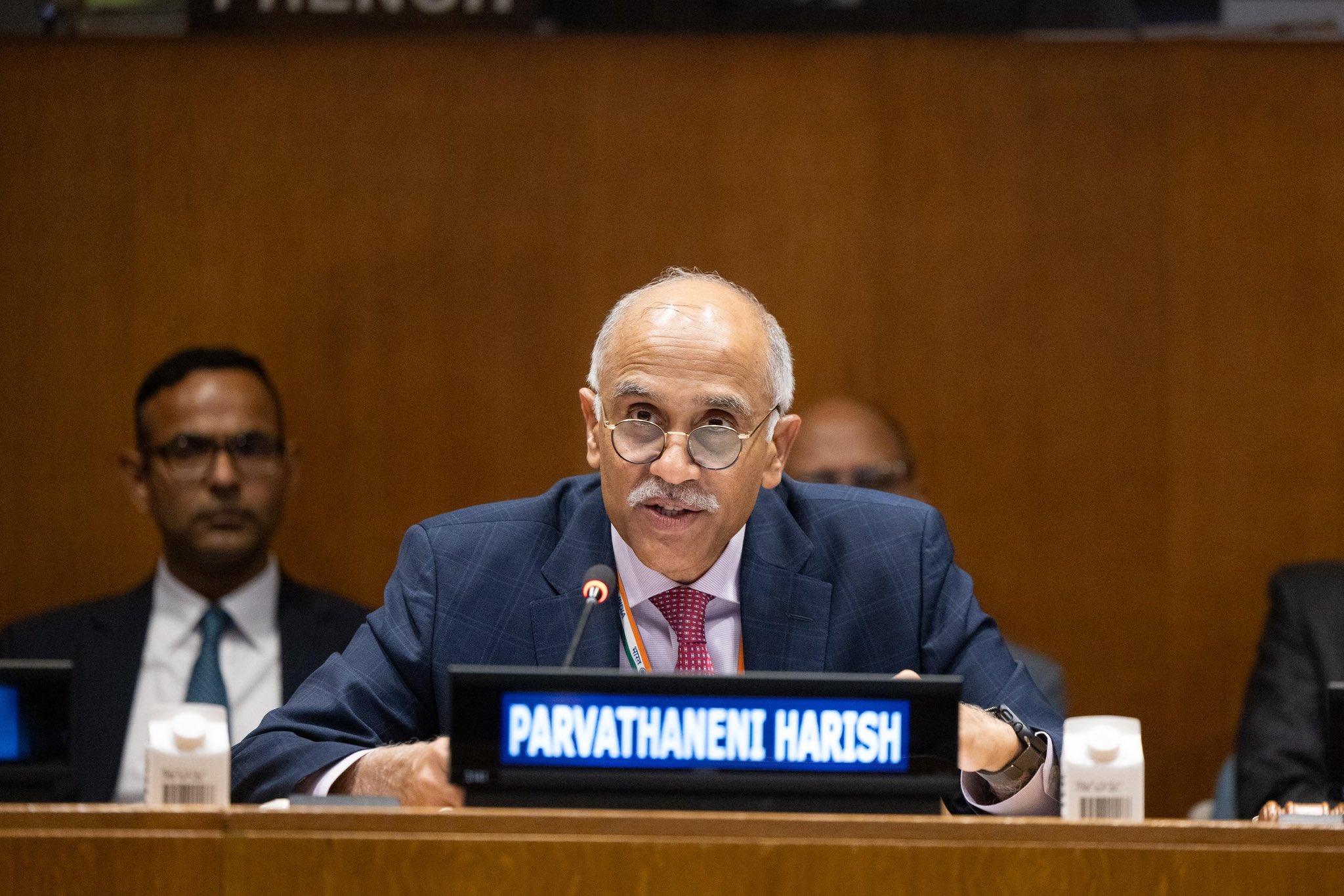
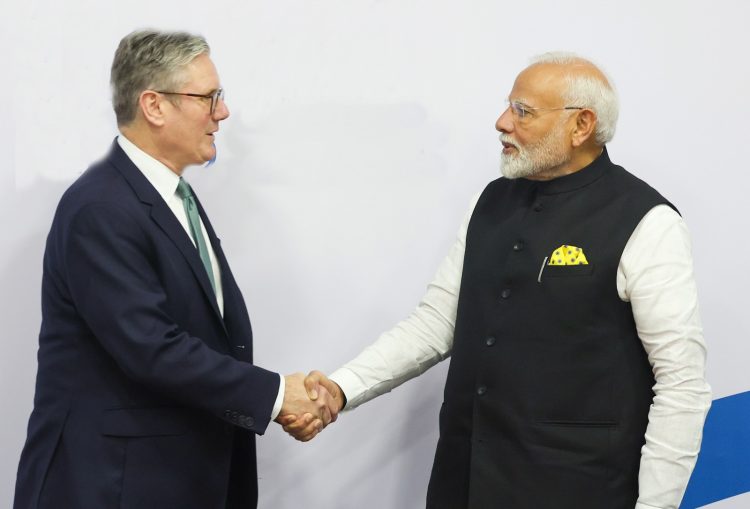
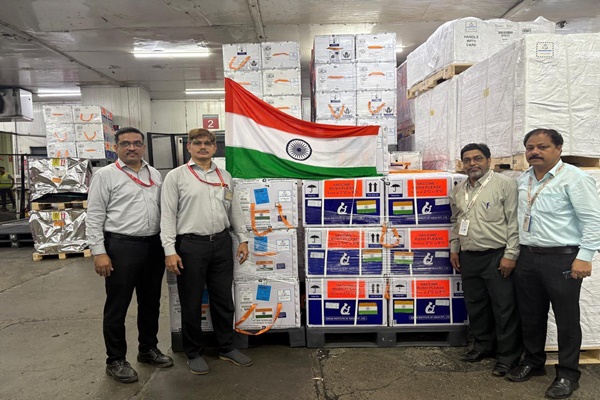
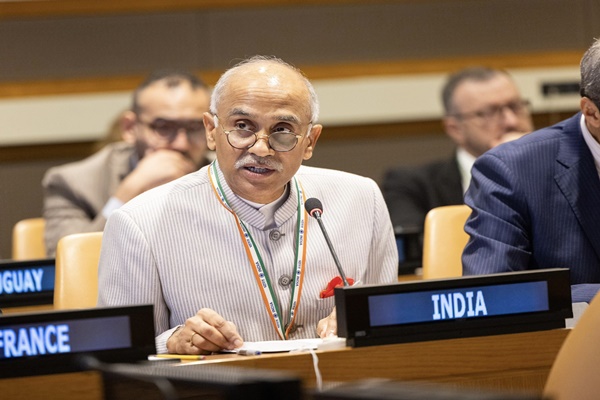
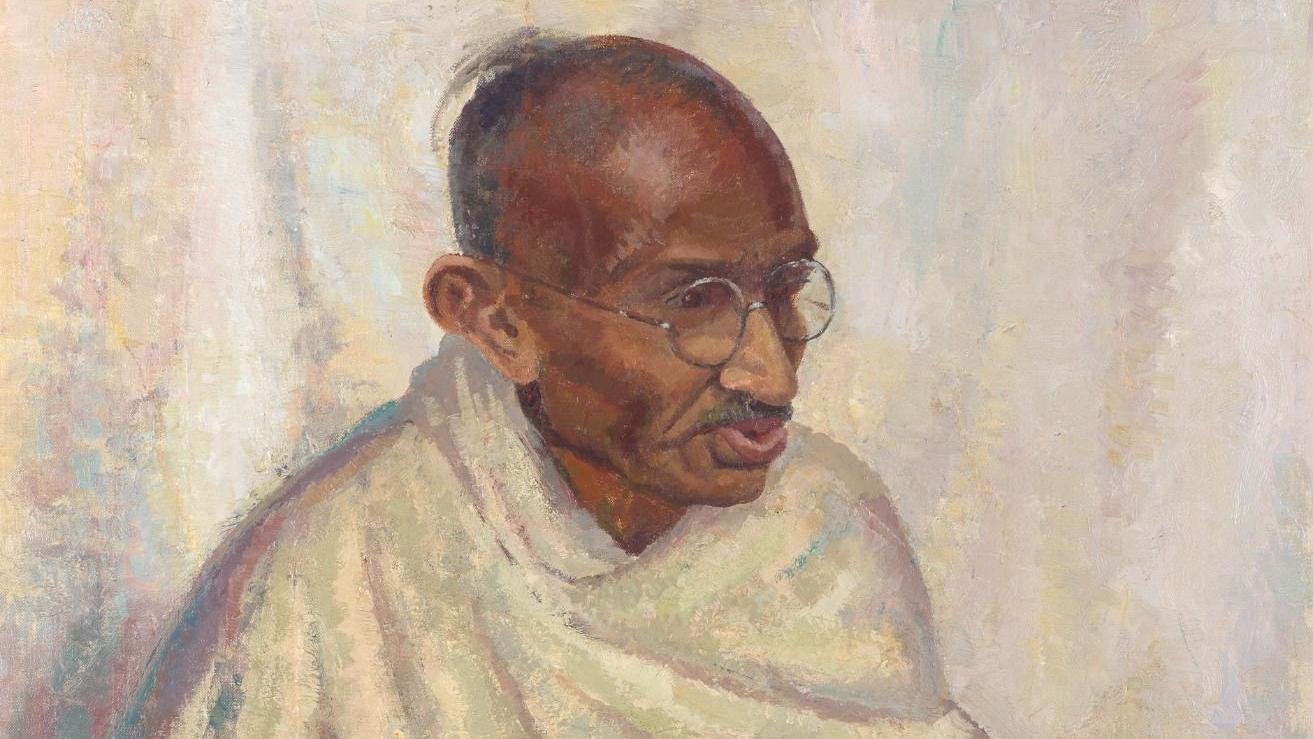
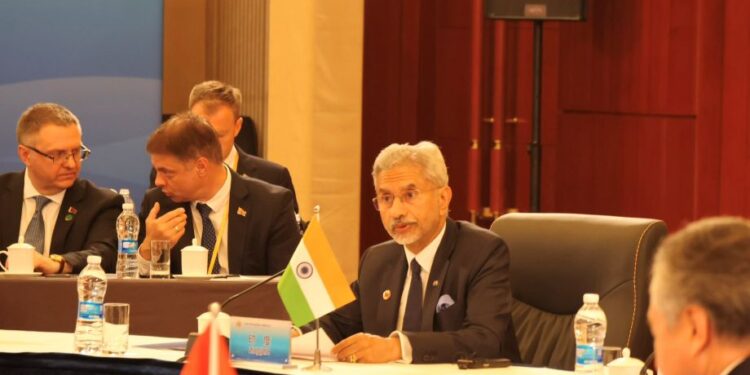
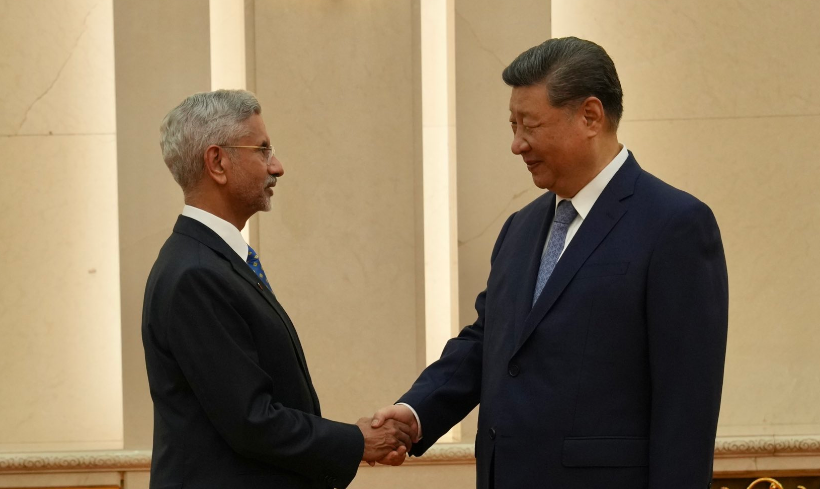

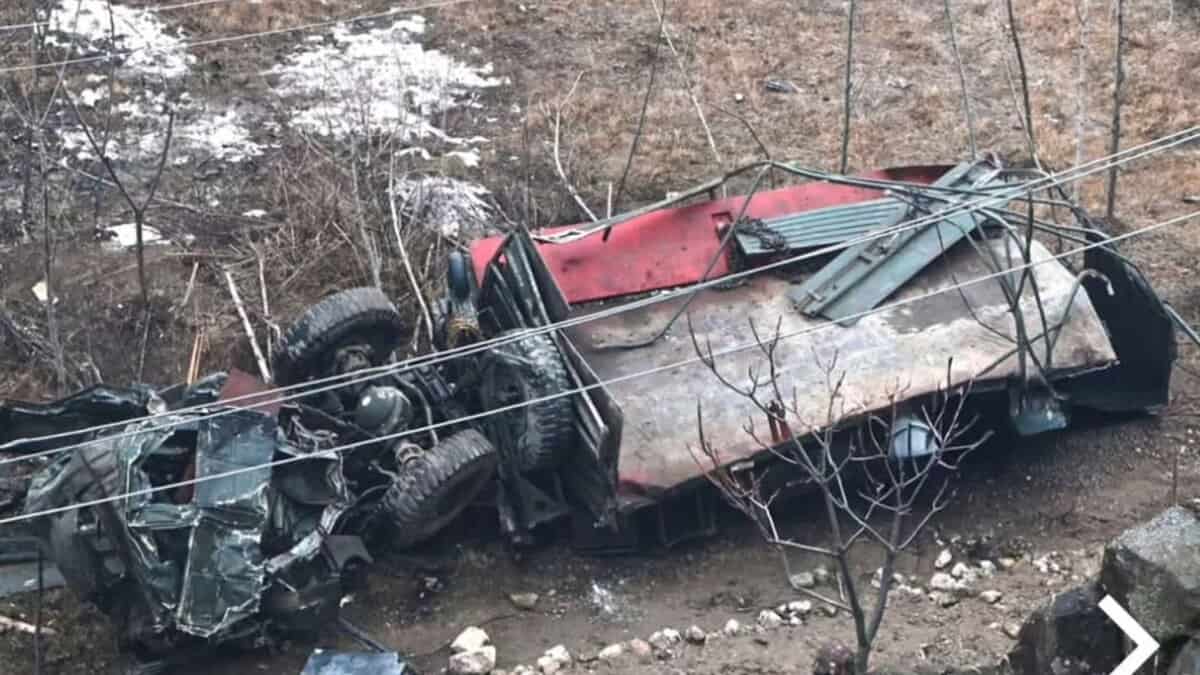
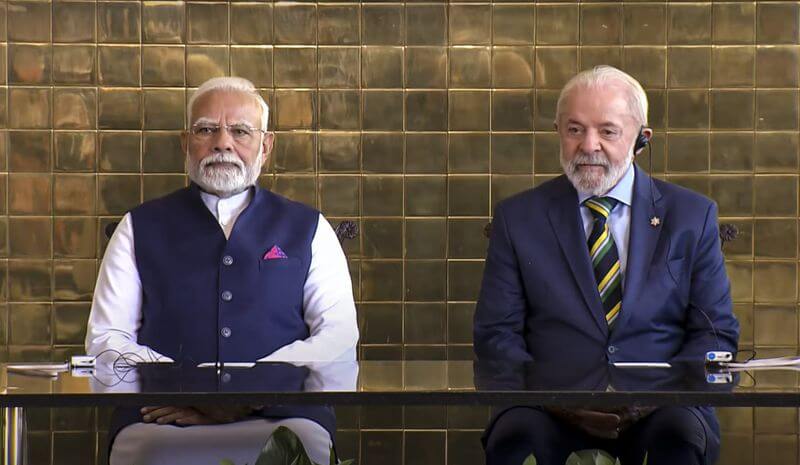
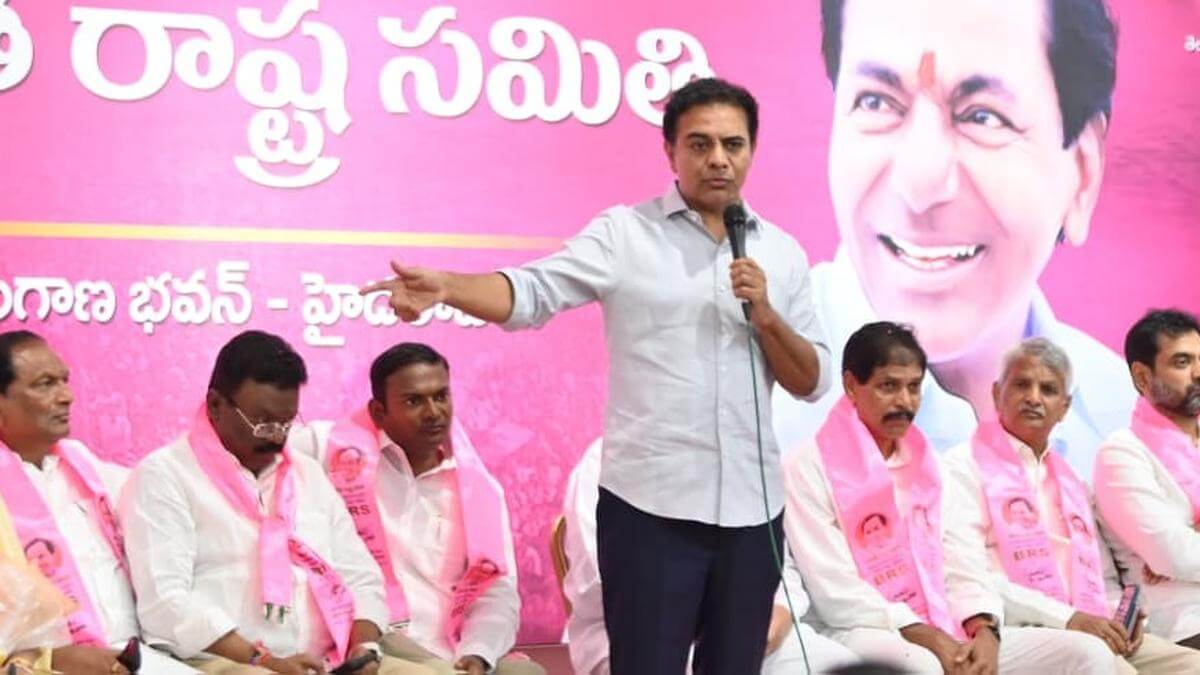


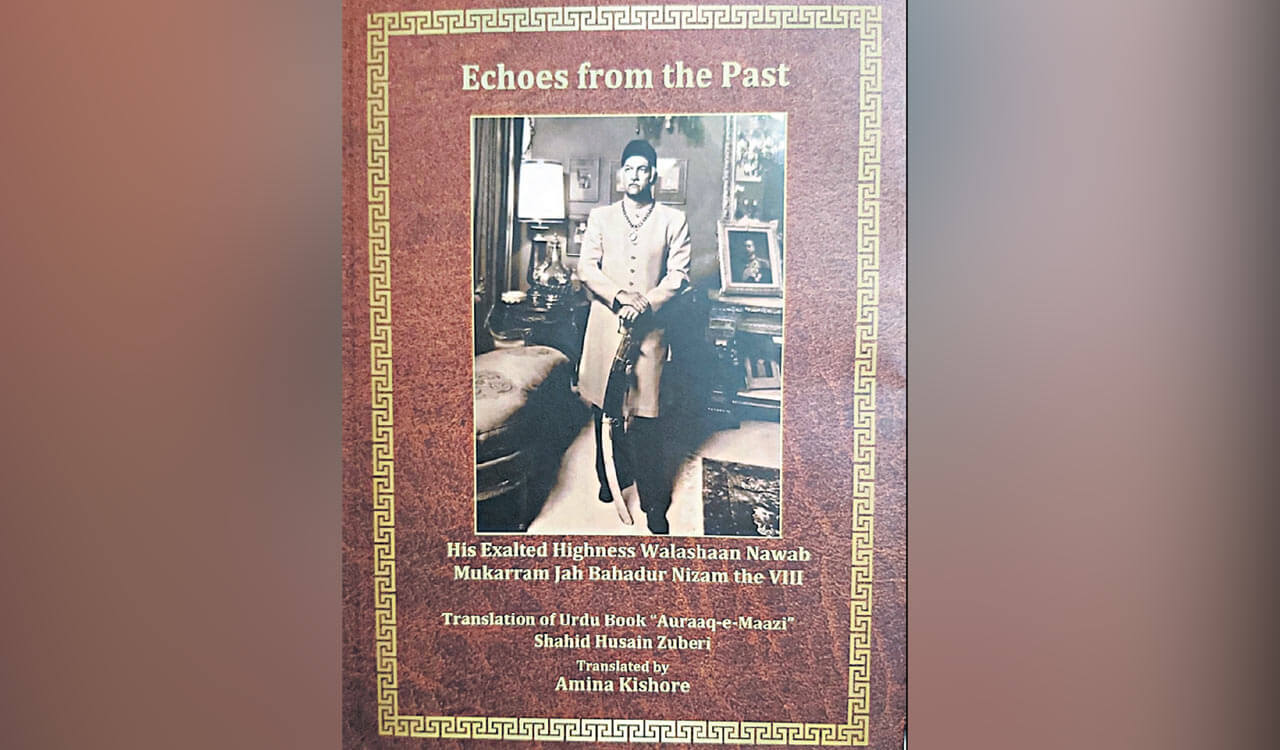

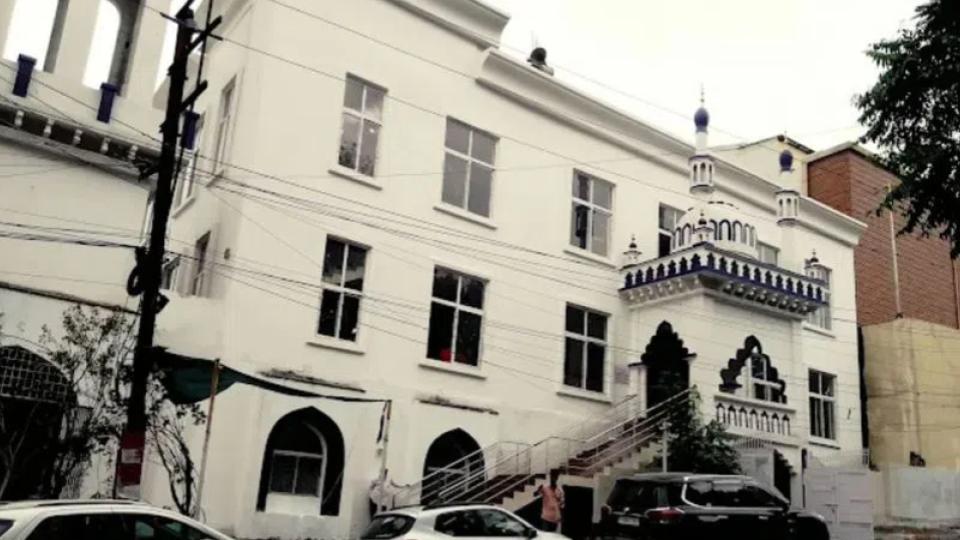

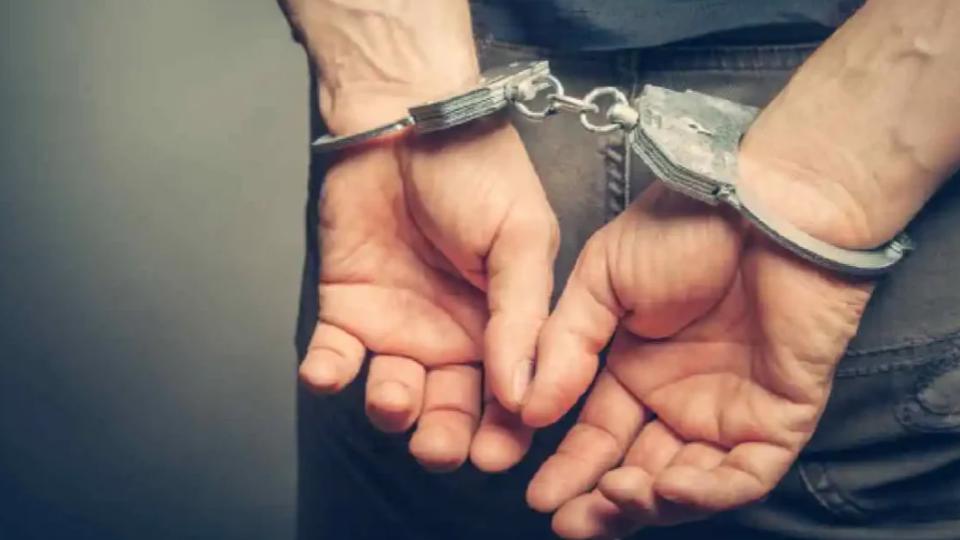
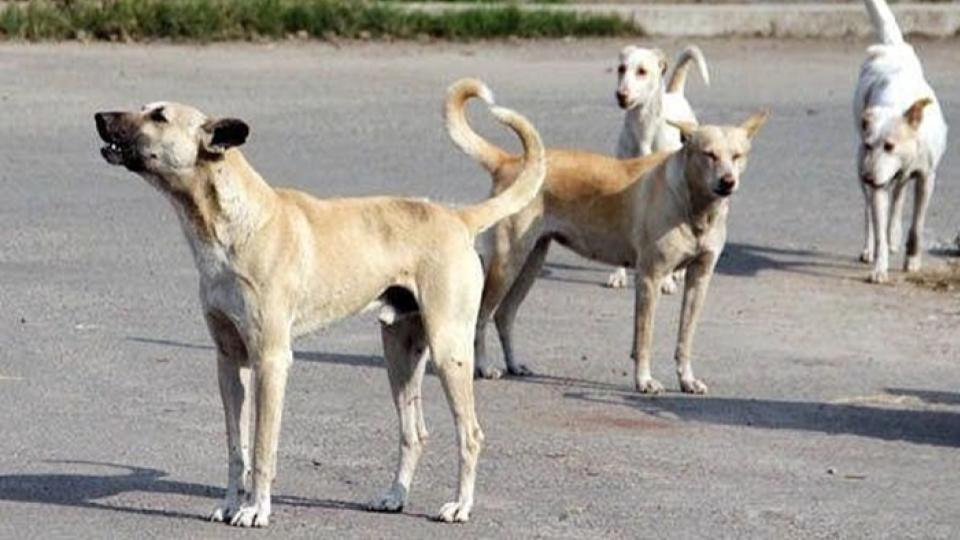
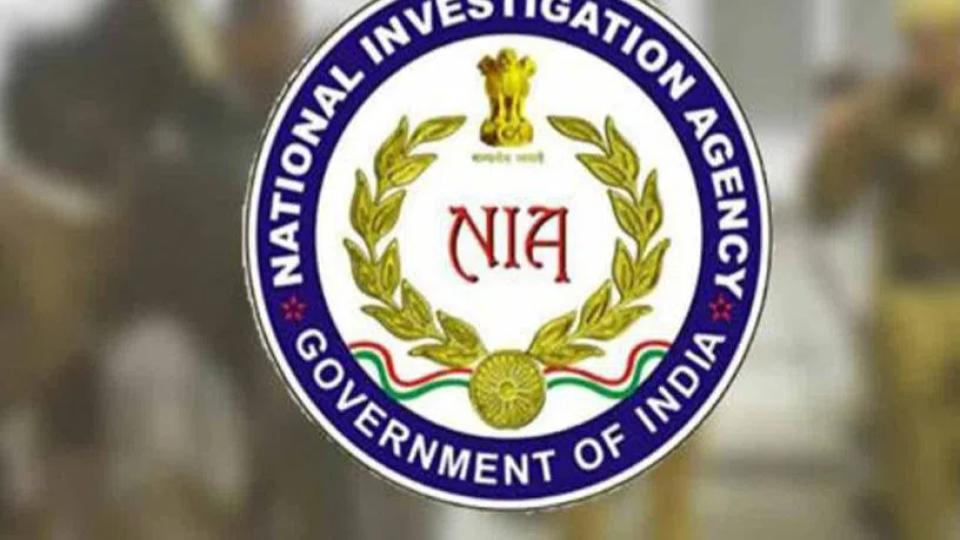












.jpg)
.jpg)
.jpg)


